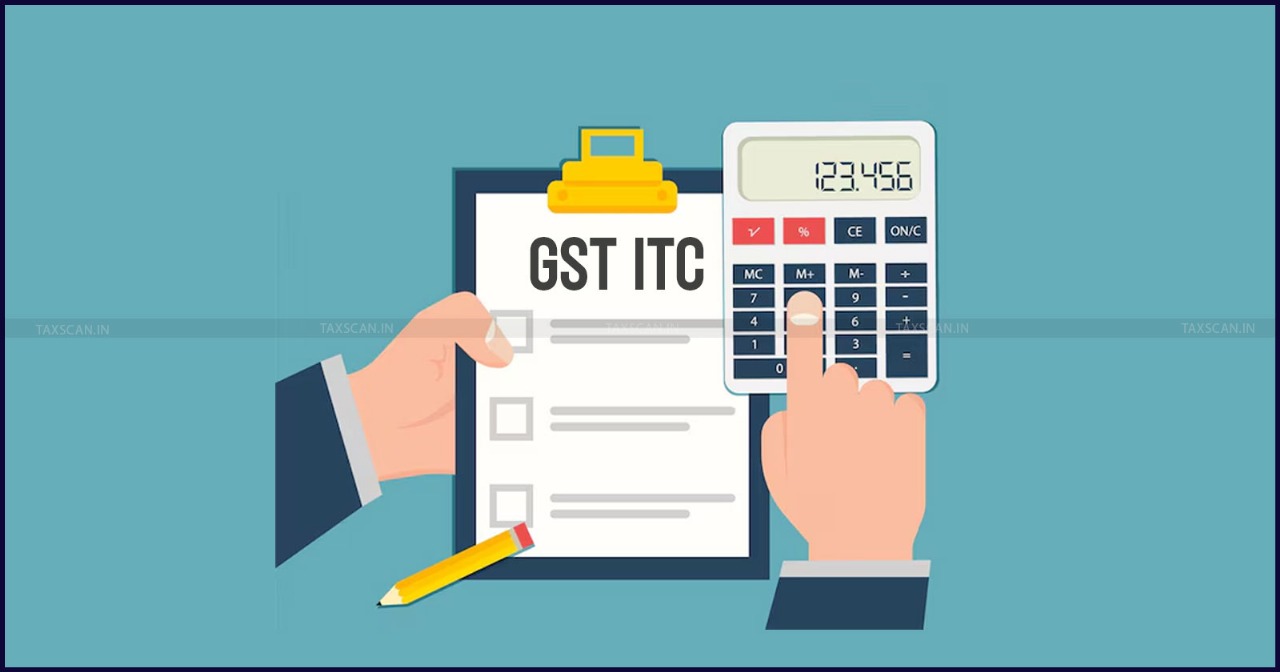Absence of Express Reference for Conveyance in Confiscation Order does not Exclude It from Confiscation u/s130 CSGT Act: Kerala HC [Read Order]
The court denied the petition, ruling that the operative component of the directive, which was issued in lieu of confiscation, stipulated that the sums must be collected prior to the release of goods and conveyance in order to collect taxes, penalties, and fines.
![Absence of Express Reference for Conveyance in Confiscation Order does not Exclude It from Confiscation u/s130 CSGT Act: Kerala HC [Read Order] Absence of Express Reference for Conveyance in Confiscation Order does not Exclude It from Confiscation u/s130 CSGT Act: Kerala HC [Read Order]](https://images.taxscan.in/h-upload/2025/07/04/2058923-confiscation-cgst-taxscan.webp)
The Kerala High Court, in its recent ruling, held that the absence of an express reference to the conveyance in the confiscation order does not exclude it from confiscation under section 130 of the Central Goods and Services Tax (CGST) Act, 2017.
Asgar Ali, the petitioner, is the owner of the truck bearing registration No. RJ 14 GJ 6711. According to the petitioner, on 31.10.2021, the petitioner was approached by M/s. Platinum Trade Link, Palakkad, the consignor, through a local transporter in Kerala, for the transportation of Arecanuts to Delhi. Accordingly, the vehicle referred to above was arranged for transportation. The E-Way Bill was generated for the said purpose, and the invoice was issued by the consignor.
Know the complete aspects of tax implications of succession, Click here
On 01.11.2021, the petitioner’s truck was intercepted at Pallikkara by the 4th respondent and during the inspection, it was found that the consignment was being made without valid documents. Accordingly, notices were issued to the consignor and also to the petitioner through his driver. Later, notice of confiscation was issued to the driver of the petitioner as well as to the petitioner herein, asking the petitioner as well as the consignor to show cause as to why the confiscation of the goods and the conveyance, shall not be ordered invoking the powers under Sec.130 of theCGST Act.
 Also Read:GST ITC Denial Without Considering Retrospective Relief u/s 16(5) Unjustified: Calcutta HC Remands Case [Read Order]
Also Read:GST ITC Denial Without Considering Retrospective Relief u/s 16(5) Unjustified: Calcutta HC Remands Case [Read Order]
An order was passed by the 3rd respondent ordering confiscation. Based on order, a notice was issued granting opportunity to the petitioner to make the payment of penalty in lieu of the auction proceedings in accordance with the provisions of CGST Act.
The main ground on which the challenge is made isthat there is no specific order of confiscation as far as the conveyance is concerned, as according to the petitioner, paragraph 6 of the said order is in respect of the goods alone and the description of the goods were also mentioned. A detailed counter affidavit has been filed by therespondents, denying the averments made by the petitioner in the writ petition. According to the 3rd respondent, an order of confiscation was indeed passed against conveyance also.
It was pointed out that, the petitioner did not respond to the notices issued and discharged the burden by establishing that the transactions which are the subject matter of the proceeding, were carried out without his knowledge, which ought to have been established in the light of Sec.130(1)(iv) of the CGST Act. It was also asserted that the notices to the petitioner were issued through the driver and all possible medium of communication were utilised. It was also averred that, before passing Ext.P10, several opportunities were granted to the petitioner, but the same were not availed by the petitioner.
Complete Ready to Use PDFs of 200+ Agreements Click here
The question that arises for consideration is whetheris it necessary to interfere with the confiscation of the vehicle. In this regard, it is to be noted that, when the matter came up for consideration on earlier occasion, an interim order was passed on 02.09.2022, directing the release of the conveyance of the petitioner, provisionally, subject to the condition that the petitioner deposits a sum of Rs.3,29,063/- which is the penalty payable by the petitioner in lieu of the confiscation. It is reported that, the petitioner had already paid the penalty and the vehicle got released.
When concluding the confiscation proceedings, the bench noted that the third respondent, the State Tax Officer, had not reached any conclusions regarding any dispute regarding the assessee's knowledge or lack thereof. This was evidently because the assessee had not raised any objections in this regard.
A single bench Justice Ziyad Rahman A.A. ruled that it cannot be presumed that the assessee's conveyance was exempt from the confiscation proceedings just because the conveyance was not specifically mentioned in the judgment that ordered the confiscation.
The court denied the petition, ruling that the operative component of the directive, which was issued in lieu of confiscation, stipulated that the sums must be collected prior to the release of goods and conveyance in order to collect taxes, penalties, and fines. In these situations, the order did not call for the forfeiture of the conveyance.
Support our journalism by subscribing to Taxscanpremium. Follow us on Telegram for quick updates


